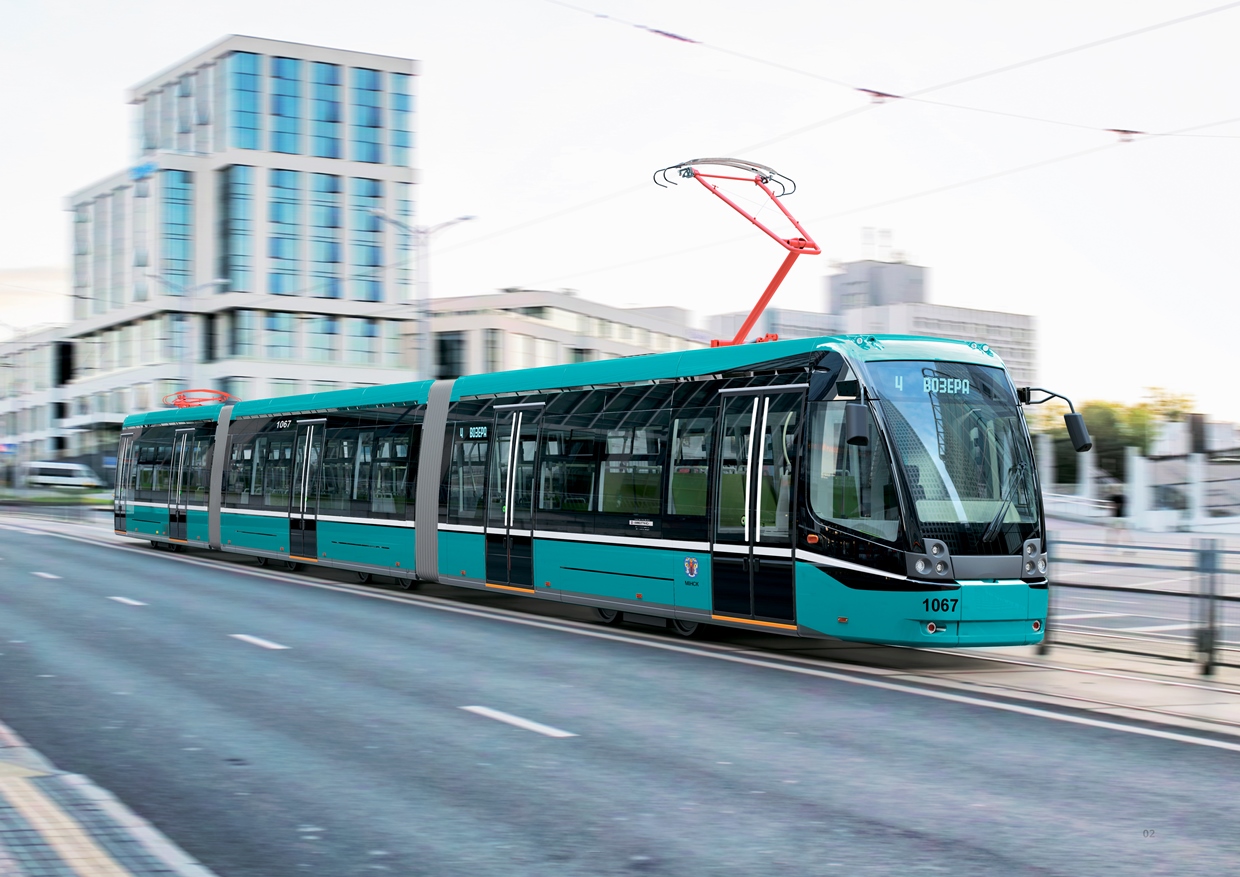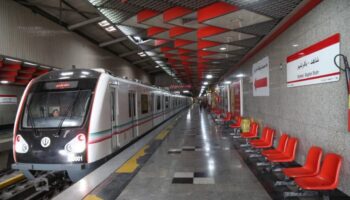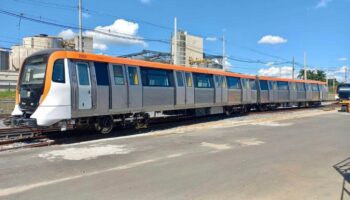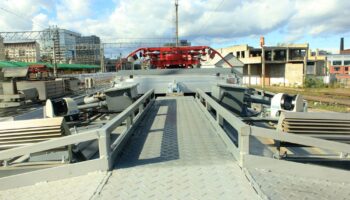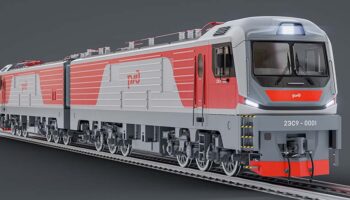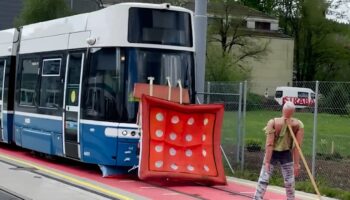Russia: With the participation of the Belarusian manufacturer, it is planned to launch the production of 170 trams under the concession project. At the same time, BKM Holding does not currently have its own serial low-floor models in the portfolio.
The concession agreement on the modernization of the electric transport infrastructure in Nizhny Novgorod was signed by the regional government and Ecological Projects (a subsidiary of the Nizhny Novgorod Region Development Corporation). The official statement indicates that it is planned to purchase 170 trams by 2026, and establish their production at the Russian-Belarusian Nizhekotrans enterprise in the city of Vorsma. “Modern tram cars will become more convenient for people with limited mobility and passengers with children”, Gleb Nikitin, Governor of the Nizhny Novgorod Region commented.
According to current data from the Unified State Register of Legal Entities, 30% in Nizhelektrotrans is the share of the previously Belkommunmash holding (now BKM Holding). Another 15% of the joint venture is owned by Ecological Projects, the rest is owned by the Foxbus bus manufacturer with a plant of 46,000 m2 in Vorsma and integrated solutions provider – AMB Holding.
As part of the concession agreement, in addition to the purchase of trams, it is also planned to replace 149.3 km of tracks, repair 15 traction substations and three tram depots. In the region government message, it is noted that at the moment the depreciation of the tram infrastructure in Nizhny Novgorod is more than 80% of the rolling stock – 85%. The need for investments within the framework of the concession project is estimated at 50.4 bln RUR ($840 mln), 30% of which will come from the federal and regional budgets’ gratuitous subsidy. “The level of import substitution in the project reaches 90%”, the region government reports.
The main products of BKM Holding are trolleybuses, but since 2000 the manufacturer has also produced trams. According to the company’s website, a total of 381 trams have been delivered to different markets. In 2021 BKM Holding supplied 5 trams to Russia (2% of the market): this was the modernization of 71-605 trams for Novosibirsk immitating the BKM 62103 model, carried out at the site of the BKM-Siberia subsidiary. In general, the modernization of trams for Novosibirsk has been the main business of BKM Holding in Russia in recent years. The largest delivery of new trams to Russia by BKM Holding was carried out in 2013-2014, for Kazan – 20 three-car trams of the BKM-84300M model (80% of low floor space), 13 trams of the BKM 62103 model and 8 vehicles of the Stadler 62103 model (all with variable floor).
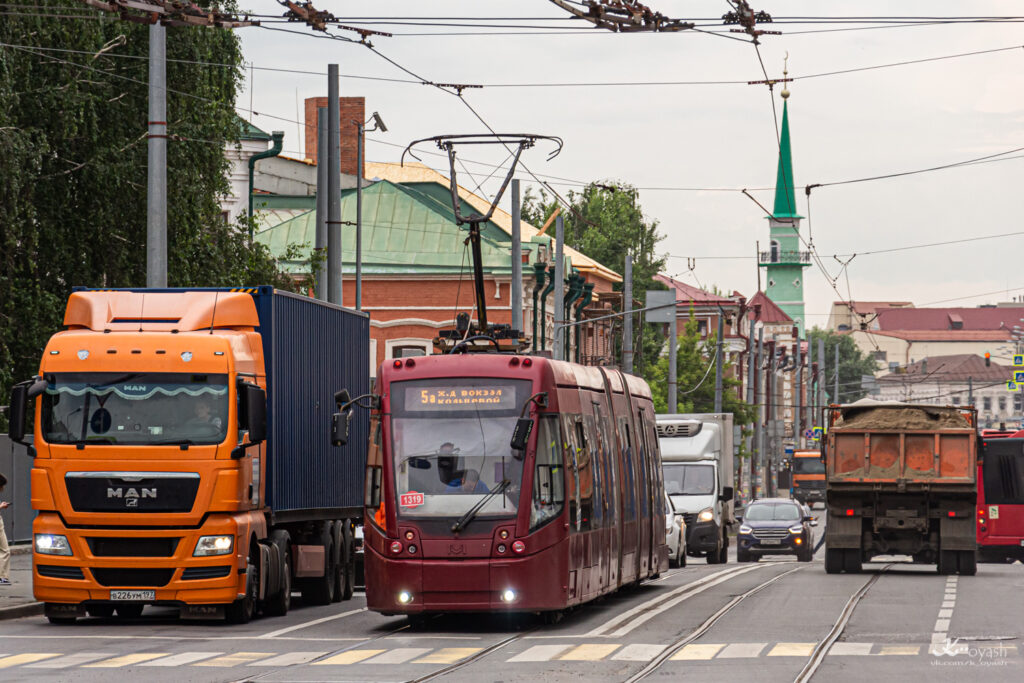 84300M tram by Belkommunmash in Kazan, Russia. Source: Dmitry Koyash/transphoto
84300M tram by Belkommunmash in Kazan, Russia. Source: Dmitry Koyash/transphoto
The name Stadler appeared in the latest model due to the fact that in 2012, by decree of Belarus President Alexander Lukashenko, Belkommunmash created a Stadler Minsk joint venture with a Swiss manufacturer, and in 2013 a plant was built near Minsk to manufacture various rolling stock for the CIS markets. In particular, completely low-floor three-car Metelitsa (V85600M) trams were produced on there for St. Petersburg and the city of Cochabamba in Bolivia. In the autumn of 2021, one such tram was sent to Ukrainian Kharkov for testing with an option of a future serial order.
BKM Holding does not currently have its own production model of a low-floor tram. The Belarusian manufacturer announced their creation in 2021. In the portfolio presented on the site, the 811 single-car tram, as well as the three-car 856 and 85600M are declared as 100% low-floor models. In February 2021, Oleg Bytsko, CEO of the company, in an interview with the Minsk News agency, reported that the company had developed a new bogie – one of the most expensive and technically complex elements of the tram.
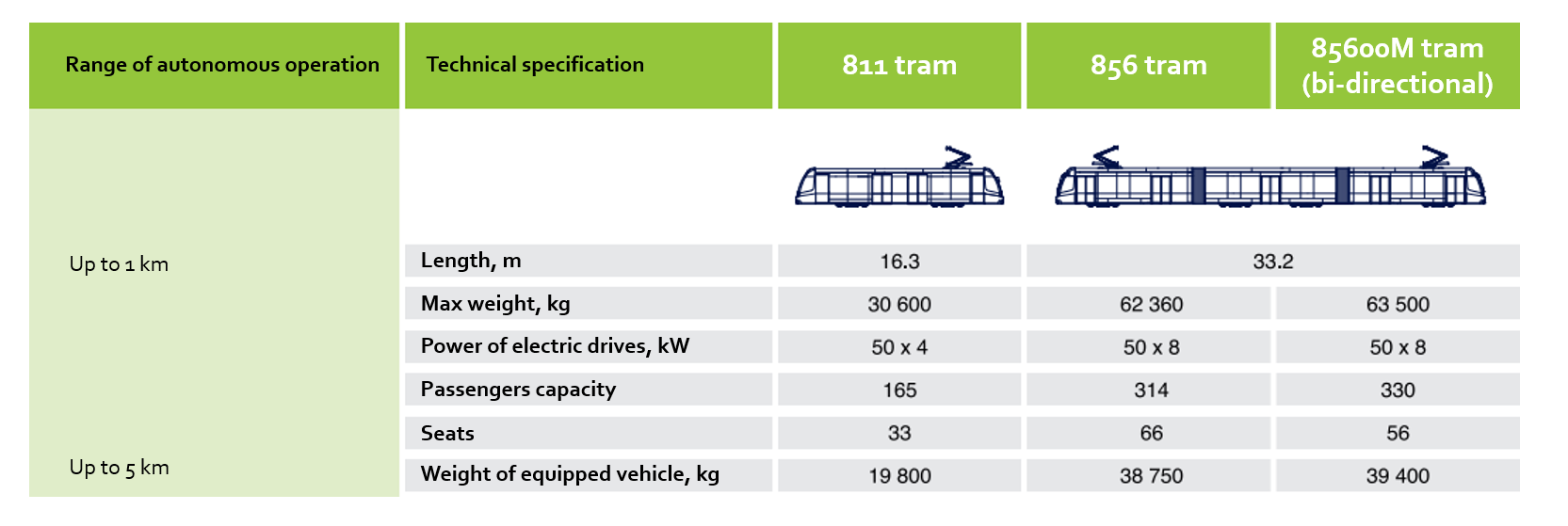 Technical specifications of promising BKM Holding low-floor tram models (enlarge). Source: BKM Holding
Technical specifications of promising BKM Holding low-floor tram models (enlarge). Source: BKM Holding
There is no public information found by ROLLINGSTOCK on contracting for these vehicles. The deliveries of 4 trams announced in the summer to Ust-Kamenogorsk, Kazakhstan, according to the UstinkaLIVE publication, involve the delivery of the 62103 model with a variable floor, which is confirmed by the purchase price of 202.9 mln KZT including VAT per tram (about $0.4 mln). Also, an order for low-floor three-car trams for Minsk was previously planned and technical specification for it was approved, but at the moment the purchase has not been carried out.
In 2021, Uraltransmash (part of Uralvagonzavod) delivered 11 retro-designed trams of 71-415R model to Nizhny Novgorod under a leasing contract. In this low-floor vehicle, there is a bogie designed by the Ural enterprise. Ust-Katav car-building plant and the largest Russian player PC Transport Systems also mass-produce trams with bogies of their own design.
In March, due to sanctions imposed by the EU on Belarus against the backdrop of the situation in Ukraine, Stadler owner Peter Spuhler said that the company was forced to transfer part of the production from the plant near Minsk to Poland and Switzerland, but was interested in preserving the site. At the moment, the Metelitsa tram remains represented in the Stadler portfolio on the official website. Therefore, BKM Holding was included in the EU sanctions list in June.





